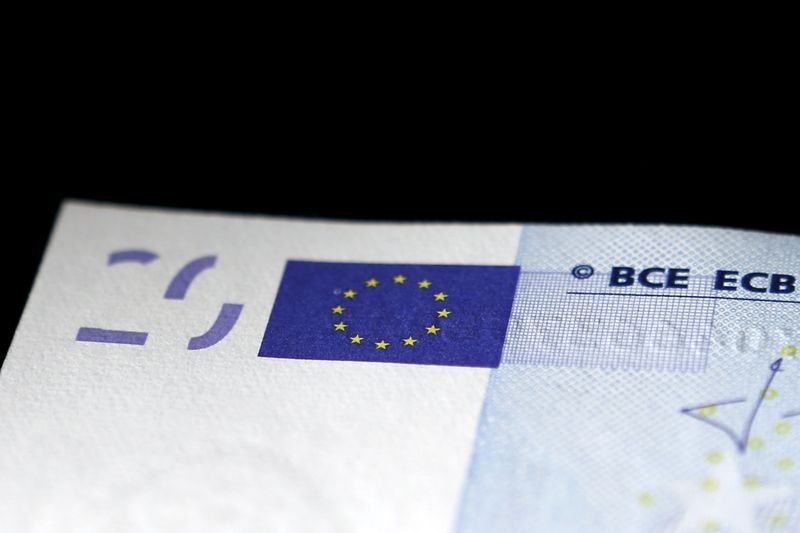The euro is under increasing pressure as escalating political polarization in Europe, especially in Germany, raises alarms about the currency’s stability, Macquarie stressed on Tuesday.
Recent state elections in Germany, where far-left and far-right parties captured almost half the votes in Thuringia and Saxony, have heightened concerns about the possible unraveling of centrist governance.
Macquarie analysts note that the rise of extremist parties in Germany reflects the political turmoil during France’s parliamentary elections in June, where centrist parties also suffered significant losses.
They noted that the growing strength of fringe parties at both ends of the spectrum poses a medium-term risk to the euro, especially if they make further inroads into government or if Germany’s current coalition collapses ahead of the 2025 federal elections.
This political uncertainty is not only a domestic issue, but also a broader challenge for the eurozone. Germany’s manufacturing sector, already under pressure from the loss of Russian energy supplies and competition from China in the electric vehicle market, could see further pressure as political instability complicates policy responses, Macquarie analysts said.
Volkswagen (ETR:)’s consideration of factory closures in Germany highlights the growing impact of these economic challenges.
Moreover, the election results in Germany are increasing fears of a more fragmented political landscape, making it increasingly difficult for mainstream pro-market parties to govern effectively.
The situation is reminiscent of the difficulties in France, where the National Assembly still lacks a stable governing coalition due to the rise of far-right and far-left factions.
With state elections in Brandenburg looming on September 22, current opinion polls indicate a continued decline in support for Germany’s mainstream parties, raising the specter of a possible collapse of the federal coalition before the next scheduled elections in 2025.
Such an outcome could break the political ‘cordon sanitary’ that has historically kept extreme parties out of government, leading to higher budget deficits, rising sovereign risk and protectionist policies – all of which could weigh heavily on the euro.
This article was produced with the support of AI and reviewed by an editor. For more information see our General Terms and Conditions.


